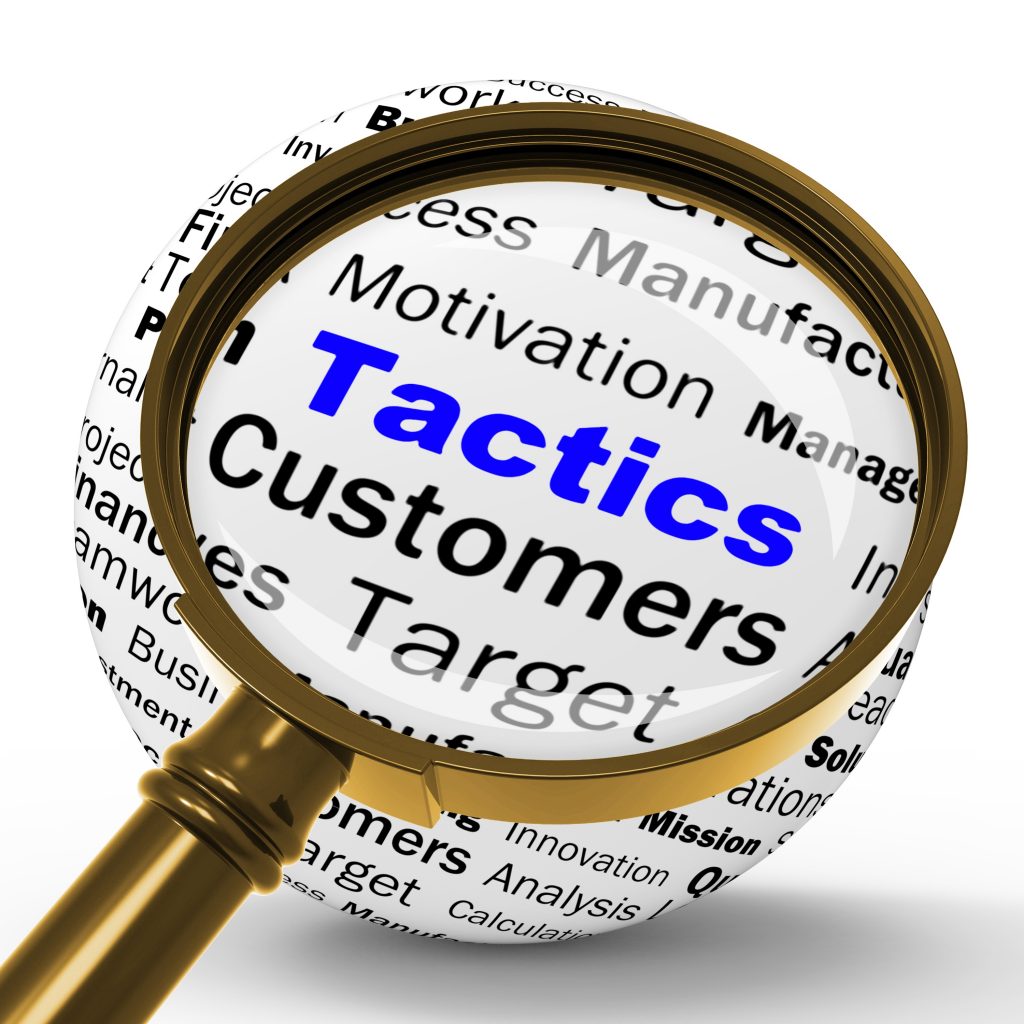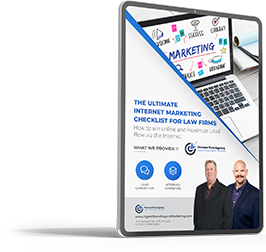
Training team members is a vital necessity for insurance agents. That is true for new team members as well as those that have been on the job for some time. Not all employees, however, will benefit from the same type of training. The execution of the training is, perhaps, more important than the training itself.
Proper training for new, and existing, team members is important not only to their success but to the success of your agency as well. Something this critical requires careful analysis of the best practices. You will also benefit by developing a step-by-step approach to training your team.
Here we take a look at some of the most important things to consider when developing a training system, to help you develop a high performance team.
Develop a comprehensive Plan for “Team Member” Training
Alan Lakein, the well-known author, and time-management coach, once said: “Failure to plan is planning to fail.” A quote which applies to almost everything in business and life. Team member training requires careful thought and detailed planning to ensure that the whole process does not end up being a waste of everyone’s time.
Your plan should include specific details of the training such as dates, times, key topics, and important goals. No vacation time should be allowed during the training period. You will also need to arrange work coverage for your participants, so that interruptions can be kept to a minimum. A completed plan should be posted where everyone can see it.
With major processes such as training, it is difficult to plan for every eventuality. Anticipate potential areas of conflict that could work to derail your momentum. With a comprehensive strategy in place, however, you will be in a better position to execute effective training as well as handle the unexpected.
Make the Training Specific
Agencies often settle on a one-size-fits-all solution to training to save time and money. They do not train employees specifically to their job duties. That type of “all-purpose” training often leads to team members becoming disengaged.
A better approach is to design training that is suitable for specific positions and workflows. The training program you design for office managers will not be beneficial for team members that service your book for example. Some aspects of the program may be transferred between the two, but there are certain nuances between the roles which will render the training very useful for one group and mildly interesting to the other.
Furthermore, the training for newer team members will differ from those who are more experienced. Depending on your current training system and schedule, you might find it advantageous to build an entirely new employee training system from the ground up. That would allow you to tailor the program specifically to the needs of each
Keep it Fresh
The industry changes; prospects buying habits change; and insurance training best practices change. Thus, it is important to have a training environment that is as dynamic as the world in which your team members operate.
Outdated training puts your agency at a competitive disadvantage by cultivating poorly equipped representatives. Keeping your training programs fresh and up-to-date is also a great way to inspire employee engagement. It’s also an excellent way to improve your employee retention rate. They will look forward to training sessions knowing that there will always be something new to learn, rather than seeing it as a routine practice that just requires “going through the motion.”
A new trainer, different venue, or an alternative method of delivery are also good ways to freshen things up if there is no new content to add to your training program.
Short and Sweet Insurance Training
There might be a tendency to cram as much training as possible into as few days as possible. The result of that means hours of intense training for your agents. While this might speed up delivery of the training and minimize workflow disruption, it does little to help develop a top performing team.
Humans can only absorb so much information. After a certain time, the brain begins to tune out, and little to no information is absorbed. As super-human as some team members are, you should keep training sessions to a maximum of 90-minutes each. Give team members time to refresh before beginning each session.
Frequent breaks throughout the day might lengthen the training delivery time, but it will help to ensure that your team members absorb more of the training. Overall it will help make the training process more efficient and effective.
Consequences and Rewards

Training is vitally important to the success of your agency. As a result, you should have certain key expectations, and they should be made clear to your agents. There should be rewards for compliance. Rewards can be as simple as offering time off, a gift card or a gift certificate to their favorite restaurant. You want a highly trained, and highly motivated, team.
Studies show that employees tend to be more productive and stay longer when they’re happy. Check out this article at:
http://www.fastcompany.com/3048751/the-future-of-work/happy-employees-are-12-more-productive-at-work.
The following are minimum expectations of employees during training:
- Give the training their full attention
- Adopt new standards, procedures, and workflows as per the training
- Make every effort to leave the training with a clear understanding of all the concepts taught
The implementation of a reward system should serve to encourage your employees to give the training top priority. It is also a good way to identify your insurance agency’s top performers.
Training insurance agents should be taken very seriously. It is not a routine event that everyone needs to do to remain compliant. Good training programs ensure that your agency maintains a high standard and retains the best talent possible.







